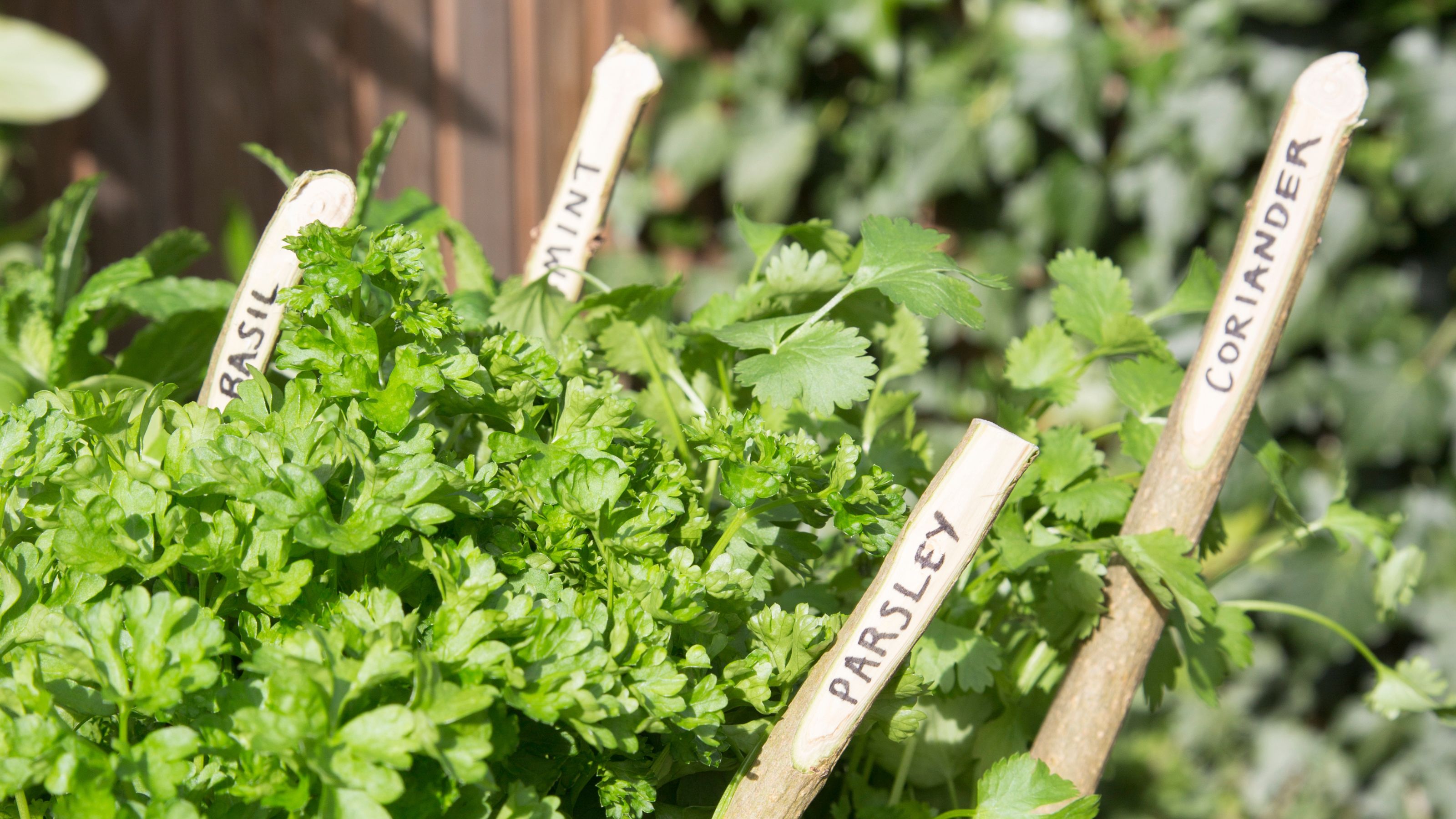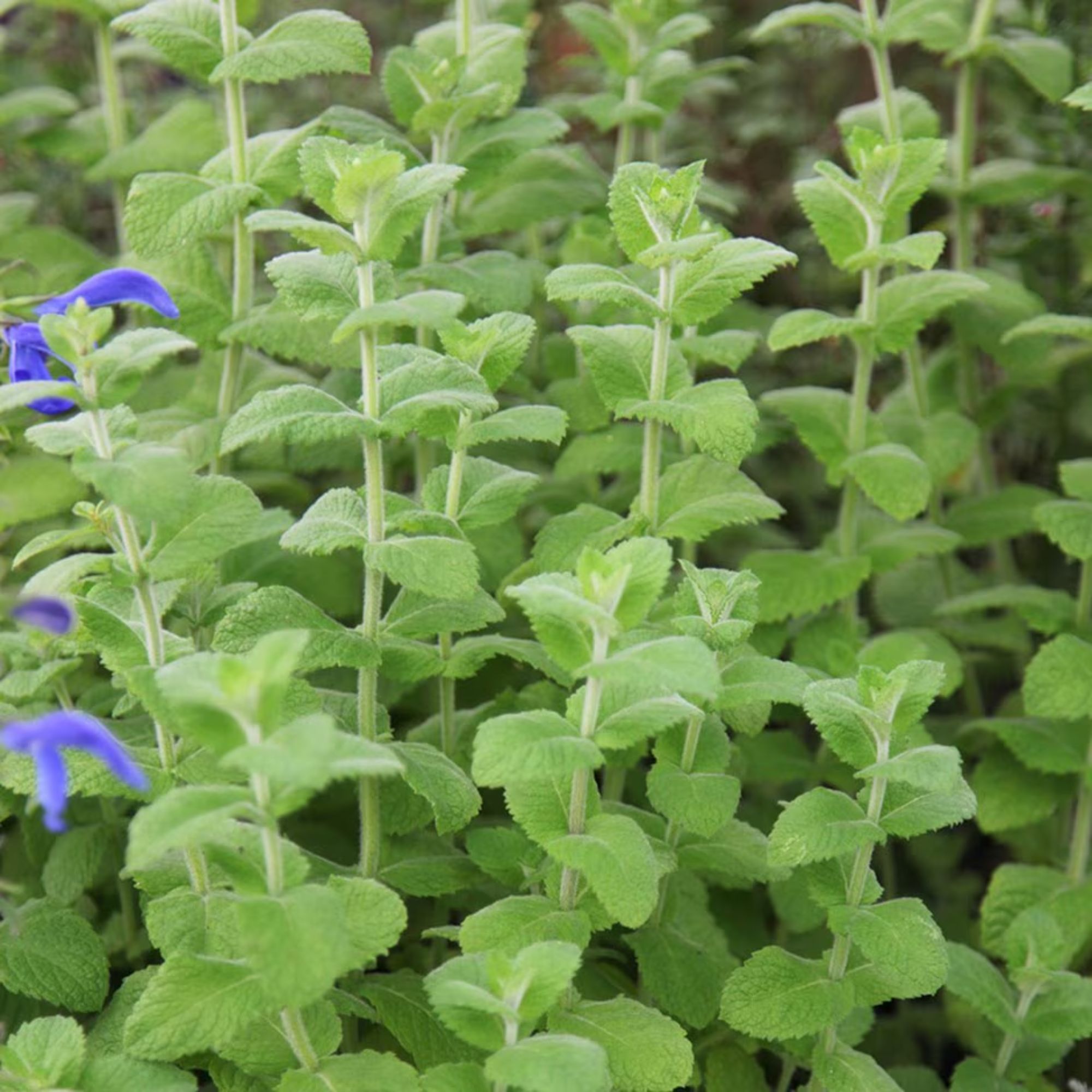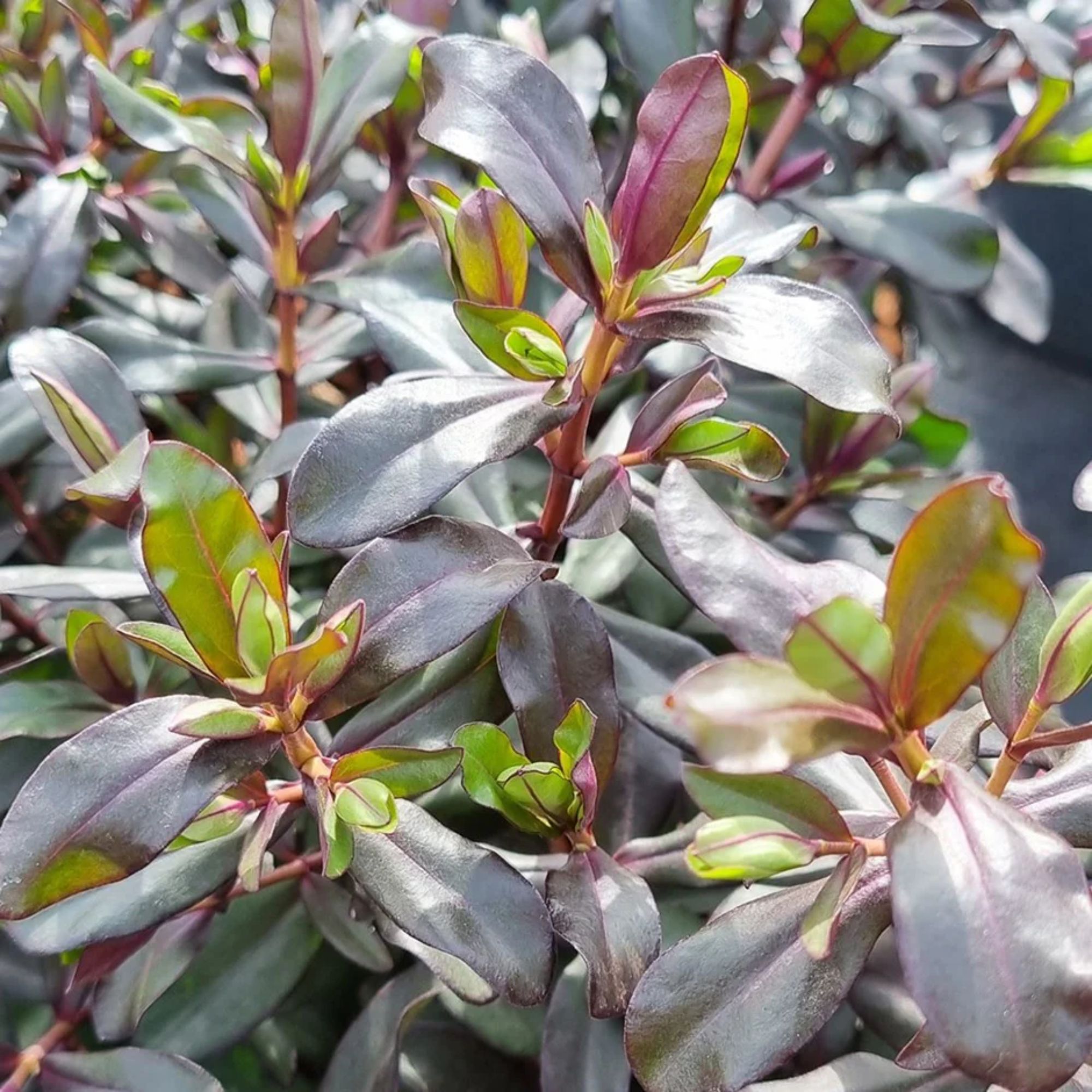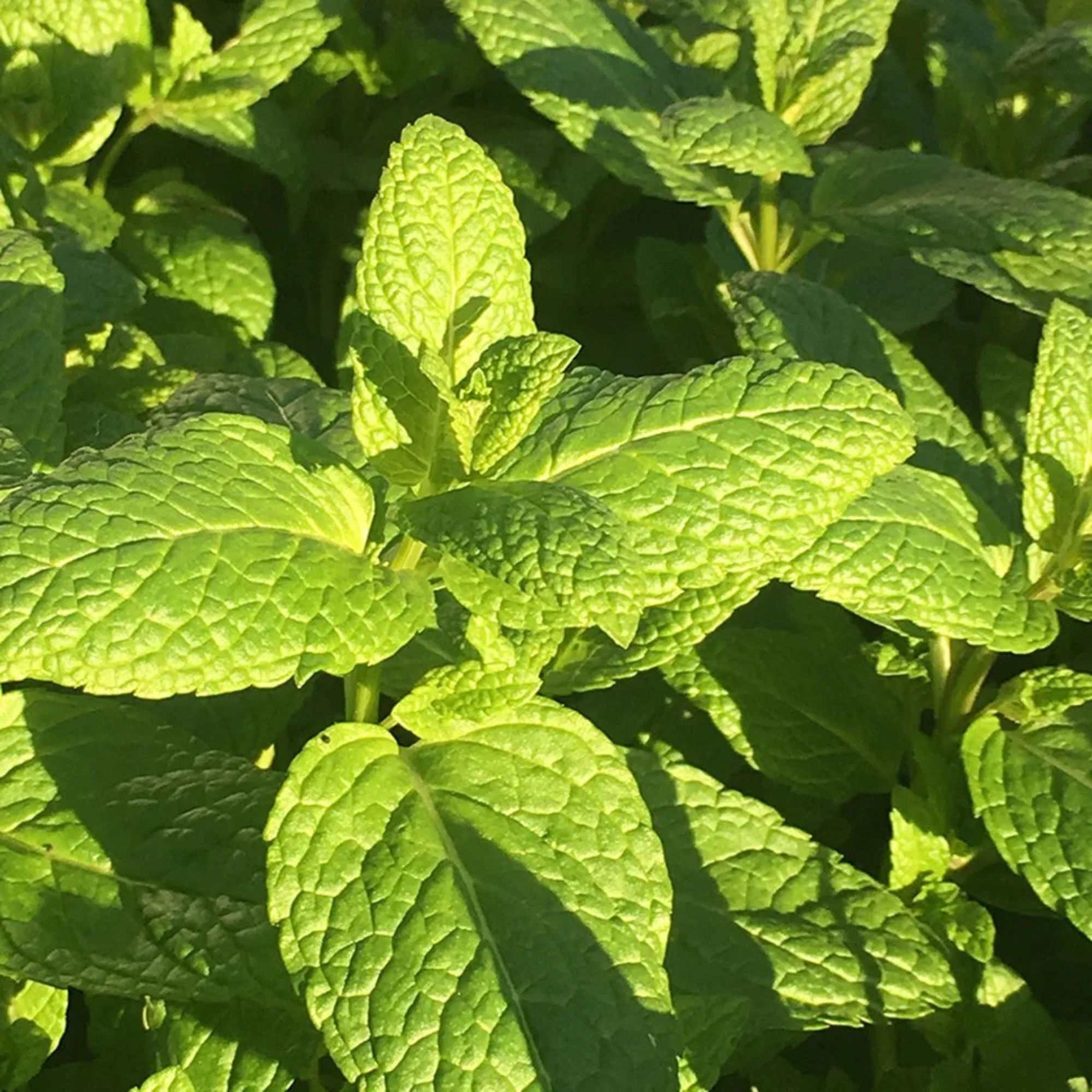Is mint the secret to a pest-free garden? Here’s what the experts say
This hero herb has been making waves on social media, and for very good reason…


Sign up to our newsletter for style inspiration, real homes, project and garden advice and shopping know-how
You are now subscribed
Your newsletter sign-up was successful
Is it a bird? Is it a plane? No, it’s mint – and according to social media, it might just be the secret to a pest-free garden of our dreams.
If you’ve ever done battle with aphids, ants, and other garden plant pests, it’s no wonder you’ve been searching for an easy way to protect your vegetables, fruit, and herbs. All the better if it means swerving harsh chemicals in favour of a more wildlife-friendly approach.
Why? Well, because from lettuces to beans and brassicas, summer brings a wave of hungry visitors. And, while many gardeners reach for sprays or pellets, there’s another option that’s cheaper, greener, and far better smelling: mint.
Is mint the secret to a pest-free garden?
It might already be on your windowsill for teas and cocktails, but according to gardening experts, mint is apparently the unsung hero of your garden borders and summer veg patch.
In fact, The Manic Botanic recently made waves on Instagram when she shared a reel showing how she ‘planted mint in a half wine barrel’ in the corner of her greenhouse.
‘I haven’t seen a single pest since,’ she wrote promisingly in the caption.
A post shared by Garden ideas, inspiration and a bit of fun (@the.manic.botanic)
A photo posted by on
‘Before mint, I had decent success with companion planting, but I still had to deal with the odd aphid. Now? Nothing,’ continued The Manic Botanic in her post. ‘I’m convinced the smell of mint is a natural pest deterrent… I’m even planning to put smaller pots of mint directly into my veggie beds for extra pest control.’
Sign up to our newsletter for style inspiration, real homes, project and garden advice and shopping know-how
It all makes for a convincing argument, especially as the experts have long heralded mint as a companion planting must-have. That being said, it might be a bit of an overgeneralisation to crown mint the secret to a pest-free garden.
‘Mint is often praised for its strong scent, which can confuse or deter certain pests like aphids, flea beetles and even ants,’ explains Steven Bell, gardening enthusiast and founder of Paving Shopper.

Steven Bell is an experienced landscaper, with years of experience owning paving and gardening companies. Combining hands-on expertise with a deep appreciation for sustainable landscaping practices, Steven enjoys sharing his insights with readers to inspire their own green-thumb adventures.
‘While planting potted mint around a veg plot can contribute to a more pest-resistant environment, it isn’t a silver bullet,' he continues. 'Think of it as one part of an integrated approach: companion planting, good crop rotation, and healthy soil will do far more for keeping your veg safe than mint alone.’
Of course, it's also important to note that, while the strong scent of potted mint helps to deter flea beetles and caterpillars, mint – whether grown from seed or from mint cuttings – has a reputation for being wildly thuggish.
'In the ground, mint will spread aggressively and quickly become invasive,' says Steven. 'It’s far better to keep it in pots and move those pots around where needed.'
All of this means, essentially, that mint is only the secret to a pest-free garden if you combine it with a few other tricks of the trade – and if you take care never to plant it directly into your beds (seriously: you'll end up regretting it forever).
Instead, pot this tasty herb up and place it around your veg patch or flower beds as needed. You'll be able to move your little green guardians around as your crops rotate, or bring them closer to your kitchen door for easy harvesting.
'[Yes], mint is a bit of a thug if you plant it directly in your garden bed. That’s why I keep mine contained in a wine barrel and snap off leaves to sprinkle through the garden,' agrees The Manic Botanic.
FAQs
What pests does mint repel?
If you're wondering what pests mint actually repels, it's important to remember that different varieties seem to bother different insects.
Depending on the type of mint you are growing, mosquitoes, flies, ticks and fleas can all be kept at bay – and growing mint can also help keep slugs and snails at bay, too.
Aphids and caterpillars love mint, so they will be drawn to it over your other (more precious) plants if you're clever with your planting schemes, too.
Can you use mint to protect your vegetables?
You can use mint to protect your vegetables, so long as you remember to plant these invasive herbs in pots rather than in the ground. Then, dot them strategically near vulnerable crops like lettuces, beans, and brassicas – or, if you’re short on space, line pots along the edges of your beds.
Try to combine mint with other pest-deterring companion plants like marigolds, nasturtiums, garlic, chives, and basil for a layered defence system.
So, is mint the secret to a pest-free garden? Well, even if it doesn’t solve all your pest problems, you’ll still reap the rewards of this versatile herb in the form of mojitos, minted new potatoes and refreshing iced teas.
Keep it in pots, then, and place it around your veg beds all season long. Because, when a plant looks good, smells fresh, boosts your cocktails, and helps guard your precious plant babies at the same time, you'd be silly not to!

Kayleigh Dray became Ideal Home’s Acting Content Editor in the spring of 2023, and is very excited to get to work. She joins the team after a decade-long career working as a journalist and editor across a number of leading lifestyle brands, both in-house and as a freelancer.


